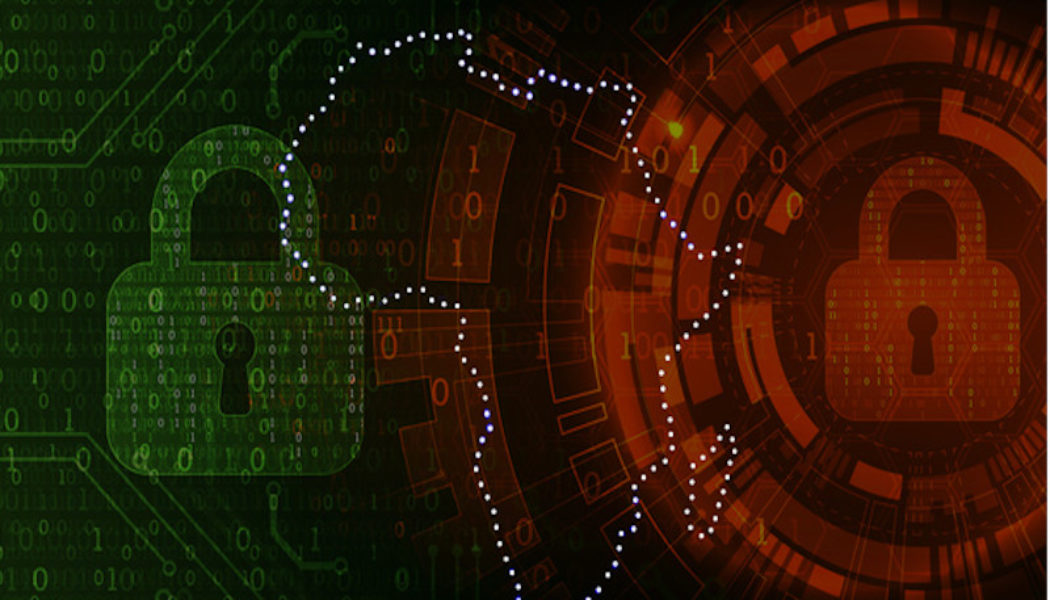Cybersecurity Africa
Cyber Attacks in Africa Comparable to World Wide Rates, says Kaspersky
Sourced from IDG Connect With digital transformation a top priority on the corporate agenda as companies identify new ways to grow their business, cyber attackers and opportunist cybercriminals remain very active. While Africa is not necessarily considered a focus area for the more sophisticated types of cybercriminal activity such as targeted attacks or advanced persistent threats (APTs), the continent is certainly not immune to these or other types of cyber risks, warn Kaspersky researchers. When looking at the general cyber threat landscape as it impacts consumers and businesses, Kaspersky research shows that in 2020, worldwide, approximately 10% of computers experienced at least one malware attack. Interestingly, in some African countries, including South Africa, the figure was only sl...
Cyber Threats on the Rise in Mining & Manufacturing Industries
Image sourced from Software ONE. Increasingly companies are looking to adopt smart technologies to optimise production and decision-making in order to create businesses of the future. However, as reliance on autonomous and digital technology grows, so too does the risk of cyber-attacks. As technologies become more interconnected, the potential cybersecurity threats and attack vectors are growing. The consequences of these threats can be severe, resulting in production and revenue losses, regulatory fines, reputational damage, as well as the shutdown of critical infrastructures. This has been further compounded by the complexities and uptake of smart systems that use advanced technologies such as machine learning and the Internet of Things (IoT). Mining, Manufacturing Under Threat Termed ‘S...
Surging DDoS Attacks Drive Growing Demand for Third Party Protection Services
Image sourced from Shutterstock. As the global workforce largely shifted to work-from-home in response to the COVID-19 pandemic, reliance on online services soared. Many businesses were able to successfully pivot to this new normal as remote connectivity allowed access to vital systems and data. But as is often the case, no good deed goes unpunished. As the latest NETSCOUT Threat Intelligence Report shows, cybercriminals have exploited new vulnerabilities created by remote work across a wide variety of vertical industries. Making matters worse, perpetrators no longer have to be particularly technology-savvy in order to pull off attacks. Today, it is easy and relatively inexpensive to access sophisticated attack tools via for-hire services: A cottage industry has sprung ...
Broken Endpoints in Your Organisation’s Cybersecurity: The Role of Superior Endpoint Detection
Stefan van de Giessen, General Manager: Cybersecurity at Networks Unlimited. Networks Unlimited is applying a ‘broken window, broken business’ principle when looking at an organisation’s internal cybersecurity posture, in order to have a positive effect on its business processes. The moral of the ‘broken window’ story, which has been studied by psychologists, is that once a window in a building is broken, people then feel that they are able to damage the property even further, and ultimately loot and steal from it, with impunity. “When we put this into a cybersecurity context,” says Stefan van de Giessen, General Manager: Cybersecurity at Networks Unlimited, “this means, in essence, making sure that you have no ‘broken windows’ or gaps in your security through which uninvited elements coul...
How the ‘Broken Window’ Theory Affects Cybersecurity Matters
Stefan van de Giessen, General Manager: Cybersecurity at Networks Unlimited Africa Here at Networks Unlimited Africa, we are applying the ‘broken window’ principle when looking at our internal cybersecurity posture and how it affects business processes. The term ‘Broken window’ comes from George Kelling, a criminologist, who wrote in 1982 that, “social psychologists and police officers tend to agree that if a window in a building is broken and is left unrepaired, all the rest of the windows will soon be broken… vandalism can occur anywhere once communal barriers…are lowered by actions that seem to signal that ‘no one cares’.” This theory had also been the subject of experiments previously (1969) by a professor at Stanford University, Philip Zimbardo. Zimbardo arranged to have a car w...
South African Organisations Lag Behind Global Average of Cybersecurity Resilience
Email and data security company, Mimecast, unveiled its fourth-annual State of Email Security 2020 report. This report summarises details from 1,025 global IT decision-makers on the current state of cybersecurity. The findings in this year’s report demonstrate that despite high levels of confidence in respondents’ cyber resilience strategies, there is a clear need for improvement. While a large majority (77%) of respondents say they have or are actively rolling out a cyber resilience strategy, only 62% of South African organisations are doing the same. Yet an astounding 47% of local organisations – and 60% of global ones – believe it is inevitable or likely they will suffer from an email-borne attack in the coming year. South African respondents cite data loss (35%), a decrease in employee...

















